Leaky Gut?
What is leaky gut? Why is this term being thrown around all the time now? My hope is by the end of this post you have a better understanding of leaky gut, how it contributes to autoimmune diseases, what some of the causes may be and a few ideas as to how to seal or start to repair your leaky gut.
What is it?
Leaky gut is another term for highly permeable intestines. Tiny holes in your intestines that lets teeny tiny particles through it’s lining into your body. Recent studies have shown that a chemical called Zonulin is released by the gut wall to modulate permeability. If too much zonulin is released these tiny holes remain open too long allowing unwanted particles to pass through. There are certain things that are thought to cause more zonulin to be released. Some triggers include, but are not limited to: Gluten, grains, anti-nutrients from foods, dysbiosis (an imbalanced gut).
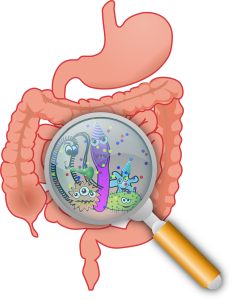 Why is that a big deal?
Why is that a big deal?
One of the reasons we are hearing the “leaky gut” term a little more frequently now is that a ton of research is being put into autoimmune diseases. Most of our immune system is in our gut, so it is kind of by default. Studying the immune system thoroughly means studying the “gut” as well.
Here is why leaky gut is bad. The theory is, if you have a bunch of junk (let’s say gluten particles) leaving your intestines, leaking out into your immune system, your immune system reacts to these foreign particles as if these particles are disease, virus or bacteria. So the immune system attacks these particles. This causes inflammation. Inflammation is okay if in infrequent, small doses. If your gut never has time to recover and is always leaking you will have chronic inflammation and tissue destruction. When you have leaky gut your microvilli along the intestinal lining can’t manufacture digestive enzymes to properly breakdown food.
When particles of, in this case, gluten are released into your system they attach to your organs. In my case it appears that these gluten particles attached to my brain or more specifically the myelin. In other autoimmune diseases these particles attach to the thyroid or other organs. Now, when my immune system attacks foreign particles (the gluten) they also accidentally get a little bit of my myelin too. Now, your immune system identifies the gluten as a bad guy, but also has mixed up, in my case, my myelin in there as well. So now when my immune system goes into action it starts to attack my myelin sensing IT is the foreign object.
Reactions to inflammation
Your intestinal lining is the first defense for our immune system. If the immune system is in constant battle mode you will have chronic inflammation of tissue, and toxic build up. Some symptoms you may experience are, headaches, brain fog, memory loss and excessive fatigue to name a few.
Immune Suppressing Drugs
If your immune system is overreacting and causing chronic inflammation then you take immune suppressing drugs, right? Well, it is one course of action and works quite well for some. For me it was suggested that I hold off on the drugs. In my case, my symptoms were not severe enough to warrant intervention, so I took another route. Immune suppressing drugs leave you vulnerable to other illnesses and infections and they do not get to the root of the problem. I felt (along with my neurologist) that it was safe for me to try other avenues first since I have RRMS. He said we would never know if lifestyle changes slowed down the progression of my MS or the drugs. Others that have more severe symptoms may feel that the side effects of the drugs are worth the positive effects.
How do you seal your leaky gut?
The idea is to reduce the amount of zonulin released so that these teeny tiny holes in your intestines don’t stay open long enough for foreign particles to sneak out. This will help reduce chronic inflammation. If you have even longer periods of time between when these little holes open up, you can get out of survival mode and into healing. You may even start to repair some damaged tissue. Some believe that by healing your leaky gut you may be able to put your autoimmune disease into a type of remission. This is theory, this has not been scientifically proven.
Here are some options when looking into healing your leaky gut
There are many pieces to the leaky gut puzzle. In normal gut flora you will have yeast, but once it gets to multi-celled fungus, it grabs onto the intestinal lining and can make teeny holes in it, sugar feeds yeast. This is why reducing or cutting out sugar is a wonderful idea. Probiotics are a great help adding back in good bacteria. Digestive Enzymes can also help with helping your wounded system breakdown food more efficiently. A zinc deficiency can lead to gut mucosa losing strength, making sure you get enough zinc is a good idea. Imbalanced hormones, stress, inadequate or inconsistent sleep, drugs and alcohol, lack of exercise, too much exercise, an imbalance in gut bacteria and diet are all other parts of the leaky gut puzzle.You can click here now to know more about hormone therapy and wellness.
The most common triggers in your diet are gluten, dairy, grains and sugar. If you have an extreme autoimmunity case you may need to go the AIP route, it is essentially an anti inflammatory diet. Some won’t need to be so restrictive and can heal and quash symptoms by only eliminating a few foods. You can be tested for allergies to foods and also for sensitivities, this can be expensive. Another way is an elimination diet. You eliminate the usual suspects that cause inflammation, yeast overgrowth as well as the most common allergens and then you systematically add those foods back in.
Tests
You can have a few tests run to see if you have leaky gut. They are: lactulose and mannitol test (urine test), a zonulin blood test, a stool test (2 samples 12 hours apart). There is also the IgG food intolerance test. These can get quite costly. We also have a quick Leaky Gut Syndrome Quiz, that may help you figure out if you have a leaky gut!
That’s your crash course on leaky gut. It is definitely an introduction and overview of what I believe is a contributor and quite possibly the trigger to autoimmune disease. If you would like a more in depth or scientific view and different perspectives here are a few articles I found helpful when putting together this blog post.
Huffington Post this has many references at the bottom of the article I found interesting.
Dr. Axe– some great infographics along with references at the end of the article I found helpful.
Sarah Gottfried M.D.– has some good references at the bottom of the post
To stay up-to-date on our investigations and more, join our sleuthy community!
Do you have any signs of leaky gut? Have you started changing your diet or your sleep habits? What have you found to be the easiest step to take towards healing?
(Note: Some links in this post are affiliate links, this means we get a small commission if you click and then purchase an item. This is one way we are able to keep the website up and running. Read our disclosure policy here.)







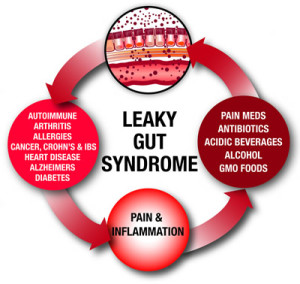


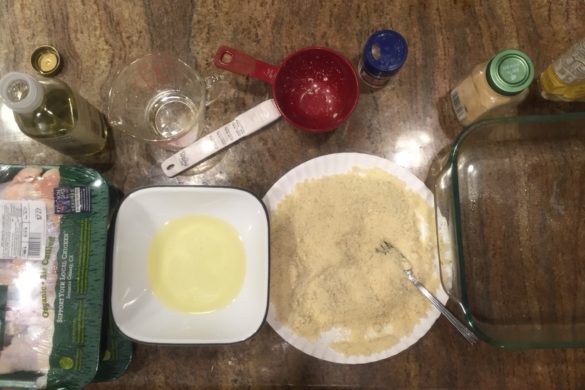


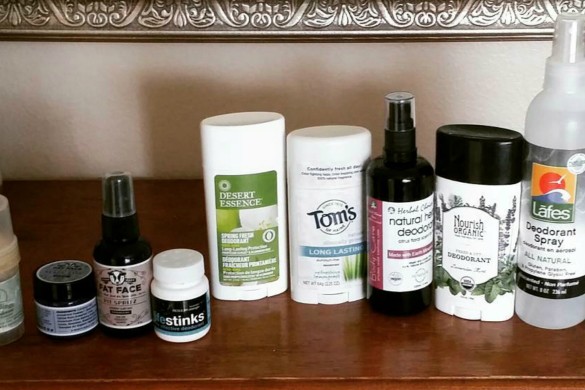
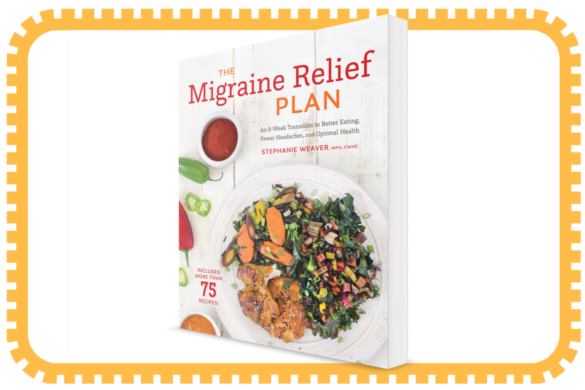




2 comments
Great article! Love the way you explained it! I remember the first time I heard someone suggest to me that I might have “leaky gut” and I was thinking – “EXCUUUUUUUSE ME” – I doubt I have whatever this leaky gut thing is that you are squawking about! I remember thinking come on….what about all the symptoms I’m telling you about – these symptoms don’t have anything to do with my gut! Now I have learned so much more since then and I have so much more to learn. I can say that changing my food (and I already was a decently healthy eater) to a more Paleo/AIP/Wahls style was such a great thing for me to see results in how I felt. And cheating here and there really reminds me how important food is and that is truly is like my medicine! Thanks for this article – I wish more people would change their eating BEFORE getting diagnosed with autoimmune disorders!
Thank you Dr. Summer. I agree, I wish more people would change their eating before being diagnosed with an autoimmune disorder. Unfortunately leaky gut is still not mainstream medicine and I’m not sure if/when that will happen. It seems it is much easier for the mainstream medical community to put a bandaid on something rather than getting to the root of a problem. I’m hoping that in my lifetime I will see a continued progression to a different way of treating illness and patients.